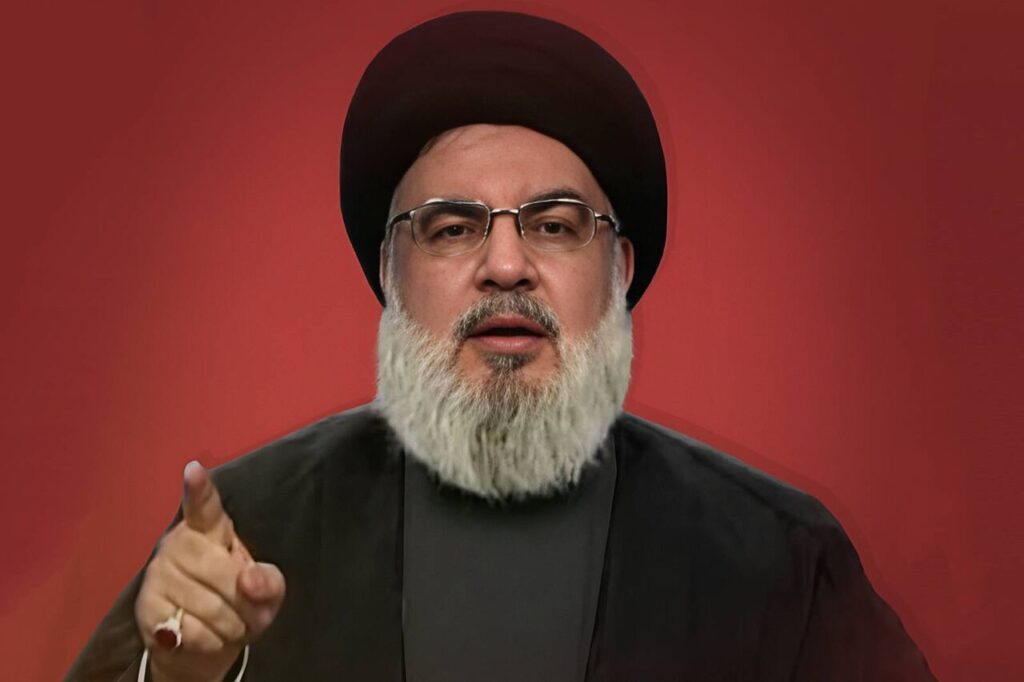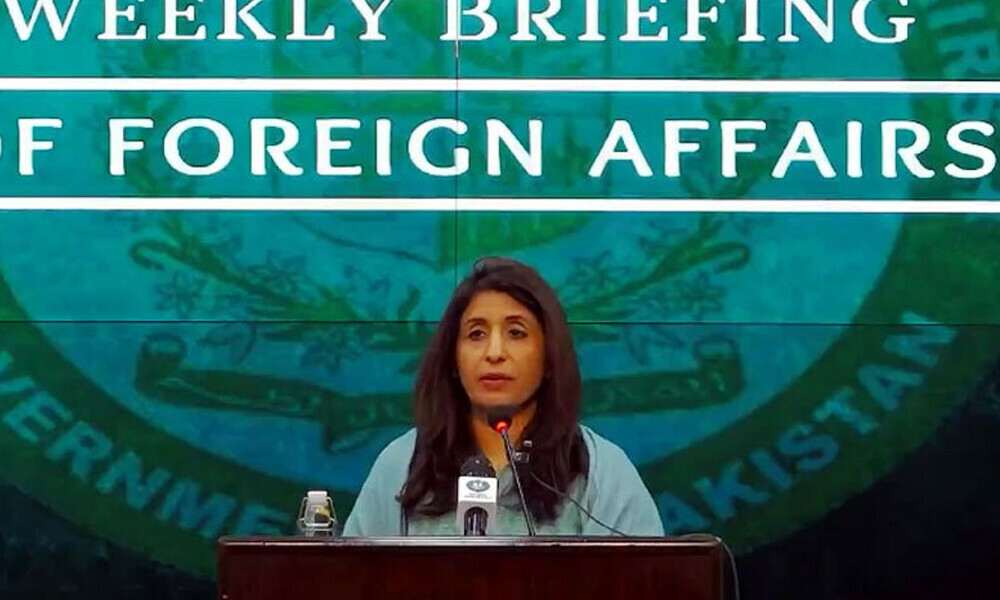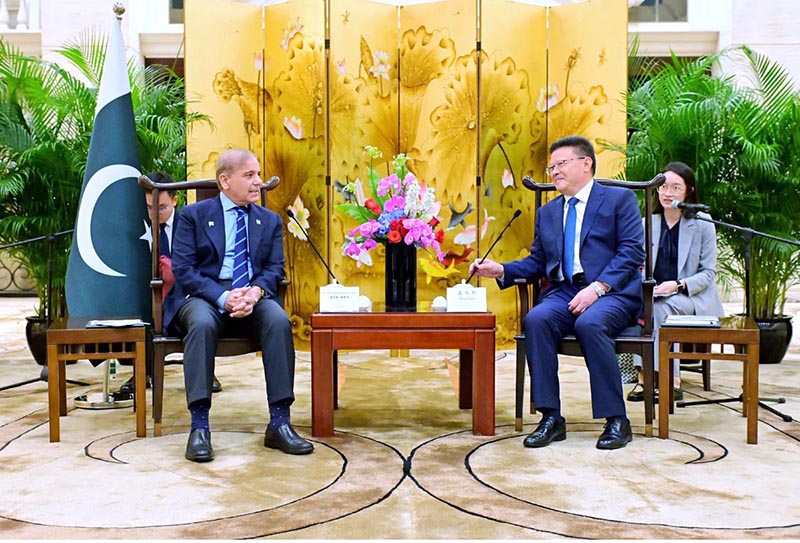PTBP Web Desk
Lebanon’s Hezbollah confirmed on Saturday that its influential leader, Sayyed Hassan Nasrallah, was killed in an Israeli airstrike targeting Beirut’s southern suburbs the previous day.
This development marks a significant turning point in the regional dynamics of the Middle East, especially in the context of the ongoing Israeli-Palestinian conflict.
Hezbollah, a major political and military organization in Lebanon, stated through its media channels that it remains steadfast in its commitment to the Palestinian cause and the defense of Lebanon against external threats. The group emphasized that the battle against Israel would persist unabated, rallying in support of Gaza and Palestine, and defending the “steadfast and honourable people” of Lebanon.
Following the confirmation of Nasrallah’s death, Hezbollah’s television network, Al-Manar, began broadcasting Quranic verses, a traditional expression of mourning and solemnity in the Islamic world. This gesture underscored the gravity of the loss for Hezbollah and its supporters, and signaled the beginning of a period of mourning.
The news of Nasrallah’s demise brought mixed reactions across the region and the world. In Lebanon, where Hezbollah is deeply entrenched socially and politically, the impact was palpable, with many anticipating how this might alter the delicate balance of power and sectarian alignments within the country.
Israel’s defense forces, earlier on the day of the announcement, confirmed their role in the targeted killing, stating that the operation was aimed at eliminating a key figure in what it describes as a terrorist organization. Israel has long viewed Nasrallah as a formidable adversary due to his leadership role in orchestrating attacks and operations against Israeli targets and his influential voice against Israel in the region.
The assassination is likely to escalate tensions in the Middle East, particularly at a time when the Israeli-Palestinian conflict has seen renewed intensities. Experts speculate that this might lead to retaliatory actions from Hezbollah and could influence the broader geopolitical interactions in the region, involving other major players like Iran and Syria, who have historically supported Hezbollah.
The death of Sayyed Hassan Nasrallah raises questions about the future leadership of Hezbollah and its strategic directions. Nasrallah had been a charismatic and unifying figure for the organization, and his leadership was pivotal in maintaining Hezbollah’s military and political activities. Analysts are now watching closely to see how the new leadership will direct its strategies, both domestically in Lebanon and in its confrontations with Israel.
Moreover, the international community is keenly observing the potential for increased instability in Lebanon, which is already facing significant economic and political challenges. The role of international actors, including the United Nations and major powers such as the United States and Russia, will be crucial in navigating the aftermath and possibly mediating future escalations.




